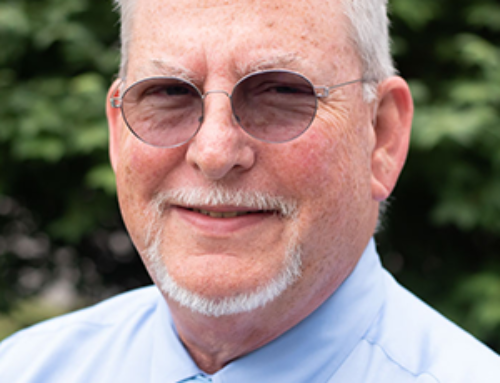Digging Deeper Into Our Future Plans . . .
As we continue looking at the recommendations adopted at our last Voters’ Assembly, the third recommendation is:
“Inaugurate a ‘missional’ small group ministry that leads to relational and faith development among members and non-members through conversations focused on God’s Word.”
A “small group,” by definition, is a group of 8-12 people who agree together on a regular basis (at least bi-weekly) to fellowship, study God’s Word, pray for one another, and seek a service project or ministry to be a part of. Most churches focus on the components of fellowship, study and prayer; effective churches make a service-orientation important for their groups.
Missional Small Groups (MSG) are a little different:
A Mission Small Group usually consists of 3 to 20 people who . . .
- Meet together every week or every other week in someone’s home. Life change seldom happens if the group meets less than twice a month. The group meets in a home because it is easier to invite a friend to one’s home than to a church.
- Develop a community of trust where accountability and personal growth take place. It’s not unusual for the group to discuss their experiences during the week with the goal of helping one another grow in their application of faith. The group members hold each other accountable for how they are living out their faith.
- Study the Scripture with an eye to the application of the text in their daily life.
- Decide on an ongoing mission the group will participate in on a regular basis. One of the interesting shifts is that many of these groups are based on geography more than affinity. The connection is more that area of the city or town that the group has adopted to transform. People who live in the area are more likely to become effective missionaries. In effect these groups become what we call “backyard missionaries.”
- Each group maintains the concept of the “empty chair” – i.e., always open to new members coming in.
Jesus Christ role-modeled the importance of small groups with the 12 disciples. He showed that discipleship has less to do with content and more to do with hands-on mentoring.
The early church revolved around “house churches” for the first 150 years, and people were taken better care of and the church grew quicker than any other time in history. People seldom grow by just sitting in worship. They grow the best in small settings.
The passionate need of our time for intimacy and strong relationships demands small group ministries. People have given up on structures and community. Programs no longer offer fulfillment.
Churches cannot afford to adequately staff for the diverse relational needs of the twenty-first century. Small groups provide an inexpensive way to shepherd the people of God.
MSG focus will allow Resurrection to take the “boundaries” of their Spiritual DNA (Recommendation #1) and focus on both in-reach ministry (care for believers) and out-reach ministry (connect people to Jesus) in an organized but organic way (Recommendation #2). MSG ministry is unlike more traditional, “small group” ministry in that it builds on the “empty chair,” by B*L*E*S*Sing (Bond-Learn-Engage-Serve-Share) non-members who become a part of the group.


